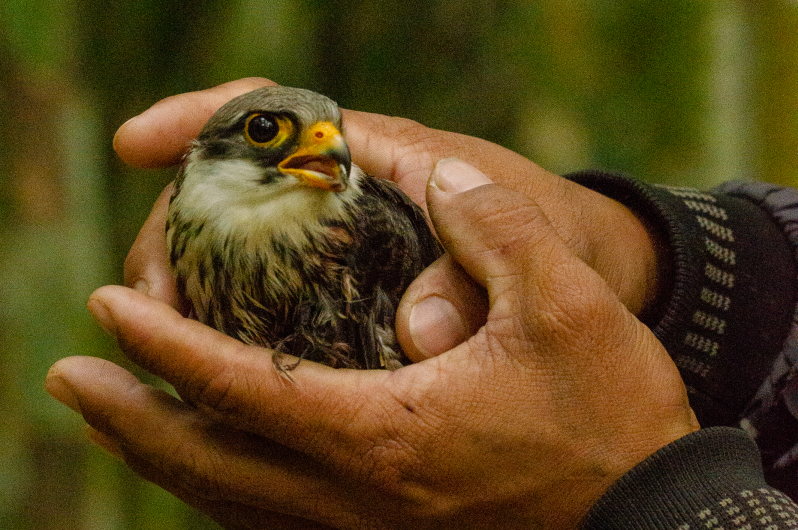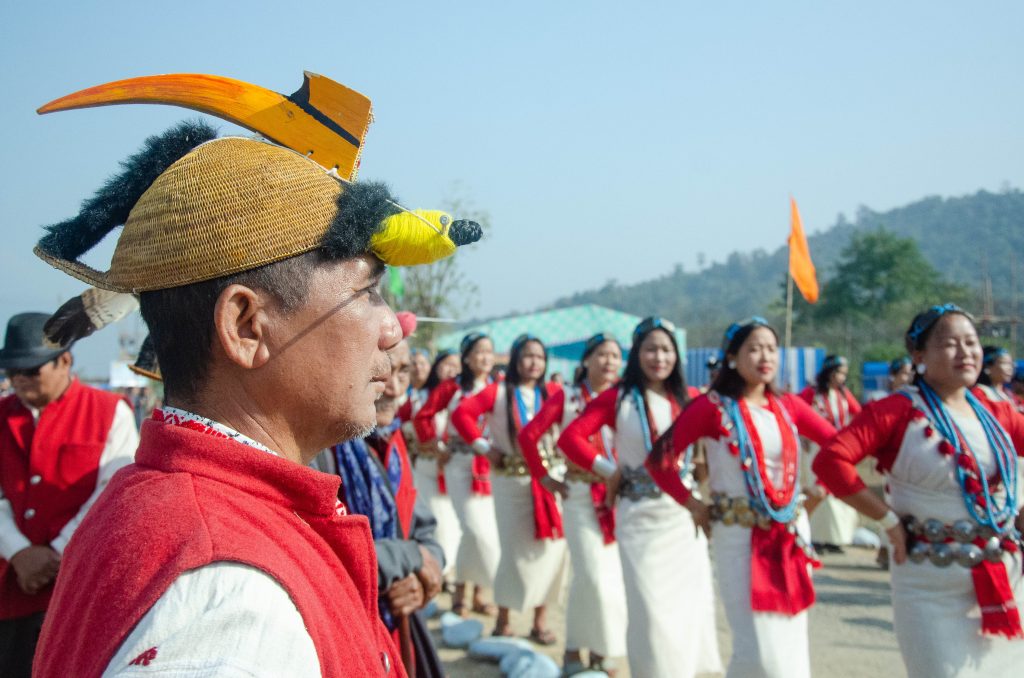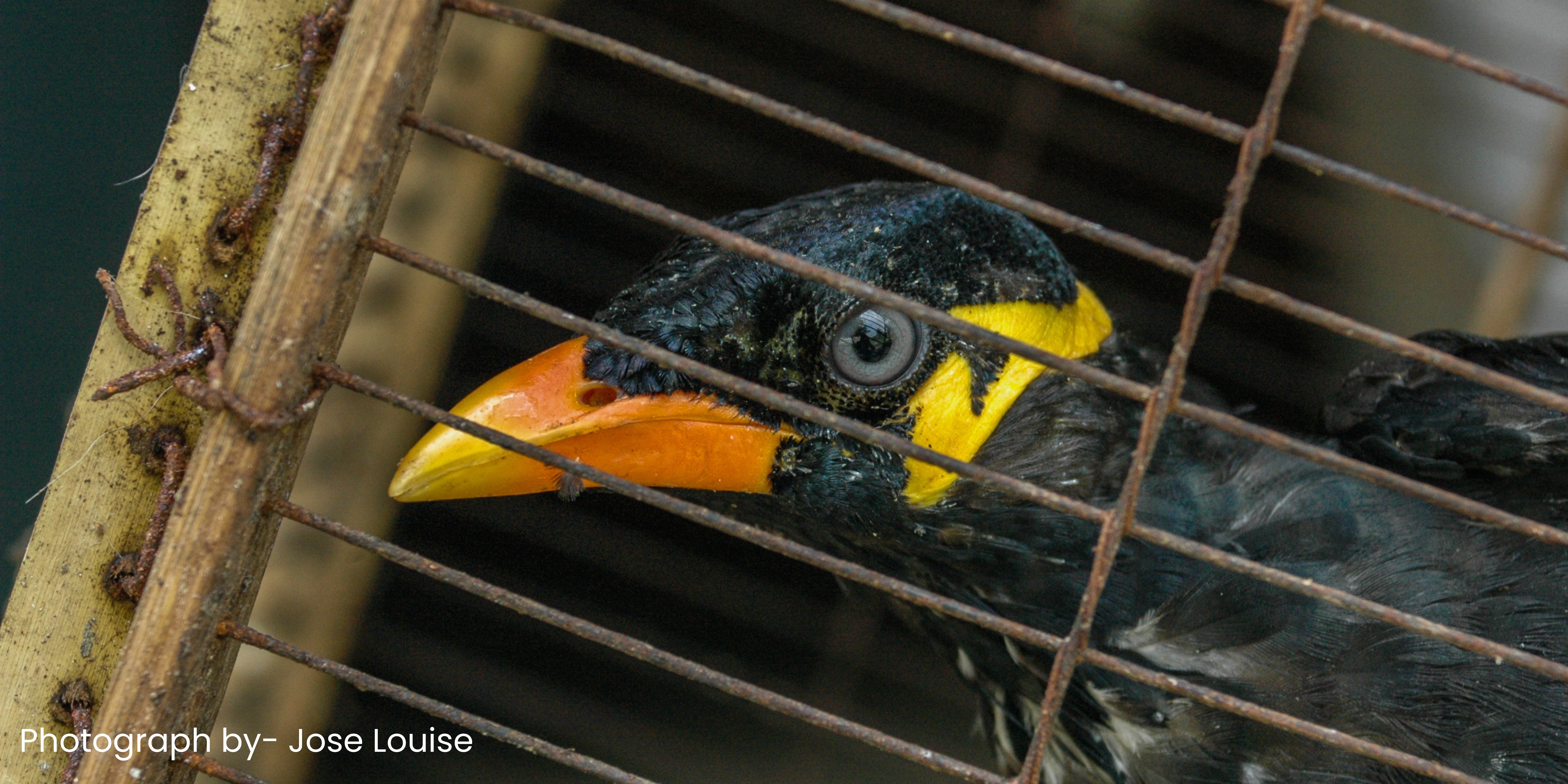Big Idea: To provide at least 750 short-term, focused and innovative aid at times of emergencies and conservation issues so as to nip problems in the bud and provide game-changing solutions to age-old problems.
Wild Aid is the outreach arm of WTI that provides short-term focussed aid, both monetary and technical to assist during emergencies and in emerging conservation issues. It provides rapid aid to animals in distress, initiates pilot projects and innovative ideas to help conservation and focuses public attention on conservation emergencies. Here are some illustrations from over 400 Wild Aid projects conducted in India.
One of WTI’s oldest initiatives is the Rapid Action Project (RAP). It owes its genesis to the realization that wildlife in India is plagued by innumerable threats that require an immediate response. Whether it’s human-wildlife conflict mitigation, equipping frontline forest staff, rescuing and rehabilitating endangered species, building community support for conservation, or protecting habitats, our over 380 Rapid Action Projects (RAPs) span 25 states and 3 union territories and have impacted over 30 species of mammals, reptiles, birds and fish.
There may at times be interested individuals or committed grassroots agencies that can locally alleviate a particular problem in a timely manner but are unable to respond due to a lack of funds, technical expertise, or logistical support. Through RAPs, we extend support (financially up to Rs 200,000) to individuals and organisations with proven credibility.

A rescuer holding an injured Amur Falcon in Guangram Village, Manipur | Photo by Madhumay Mallik/ wTI
Securing the Largest Sarus Breeding Grounds in the World;
The wetlands of Etawah and Mainpuri districts in Uttar Pradesh, which constitute the floodplains of the Ganga and Chambal rivers, are the breeding grounds of approximately 50 per cent of the global population of sarus cranes, the world’s tallest flying bird. Unfortunately, the wetlands were threatened by a housing and development project. WTI filed a public interest petition in the High Court. The judges halted the drainage and directed the state government to take concrete steps to protect the bird and its habitat. As a result, the government set up the Sarus Sanrakhan Samiti to conserve the cranes.
Prevention of Elephant Deaths Due to Train Hits in Rajaji National Park;
Railway lines passing through forests pose a constant threat to wildlife. In 18 years, the broad gauge railway track passing through the Raja National Park had killed 18 elephants. Wild Aid then came out with a rapid study to assess the reason for elephants crossing the line, identify the problem areas and suggest mitigation measures. Water was found to be the major limiting factor since animals had to cross a railway line for water.
The study suggested measures such as increasing visibility on the track by clearing bushes and cutting the steep sides of the tracks and joint patrolling by the forest department and railways on vulnerable stretches during summer. WTI, along with the Uttarakhand Forest Department, organised workshops for train drivers and guards, cleared vegetation along the tracks, placed signboards on vulnerable stretches and cleaned choked water bodies. It also conducted patrolling of railway tracks for a decade. As a result, no elephants died due to train hits in a decade after 2002 in Rajaji.
Changing Tribal Traditions to Conserve Hornbills;
For centuries, tradition forced Nyishi tribesmen in India’s remote north-eastern state of Arunachal Pradesh to hunt the hornbill and wear its beak on their heads to get married. The increasing Nyishi population resulted in the decimation of three species of hornbills.
WTI joined a local NGO, Arunachal Wildlife and Nature Foundation (AWNF) to encourage the tribesmen to adopt artificial hornbill beaks to give a modern conservation twist to the tradition.
The fibreglass beaks produced by WTI and distributed with the help of AWNF and the Forest Department became so popular that WTI decided to turn this into a sustainable activity. Tying up with the National Museum of Natural History and the Nyishi Indigenous Faith and Cultural Society, it trained select local artisans to produce this beak with the result that a centuries-old tradition has turned into a commercially viable activity.

Pakke Page Hornbill Festival 2023 | Photograph by Madhumay Mallik/WTI
Saving Amur Falcons;
Since 2013, Wildlife Trust of India, in collaboration with the Nagaland Forest Dept, Natural Nagas, Pangti Village Council and Amur Falcons Roosting Areas Union (AFRAU) have been working in Wokha District to conserve the migratory visitors, who were being hunted in large numbers. Thanks to the holistic efforts, which included an anti-hunting resolution passed by the villages of Asha, Pangti and Sungro, no falcons were killed in 2013. In subsequent years, the work has been expanded to help save the Amur falcons visiting the Umrangso area of Assam as well.
Current Projects Involved:









